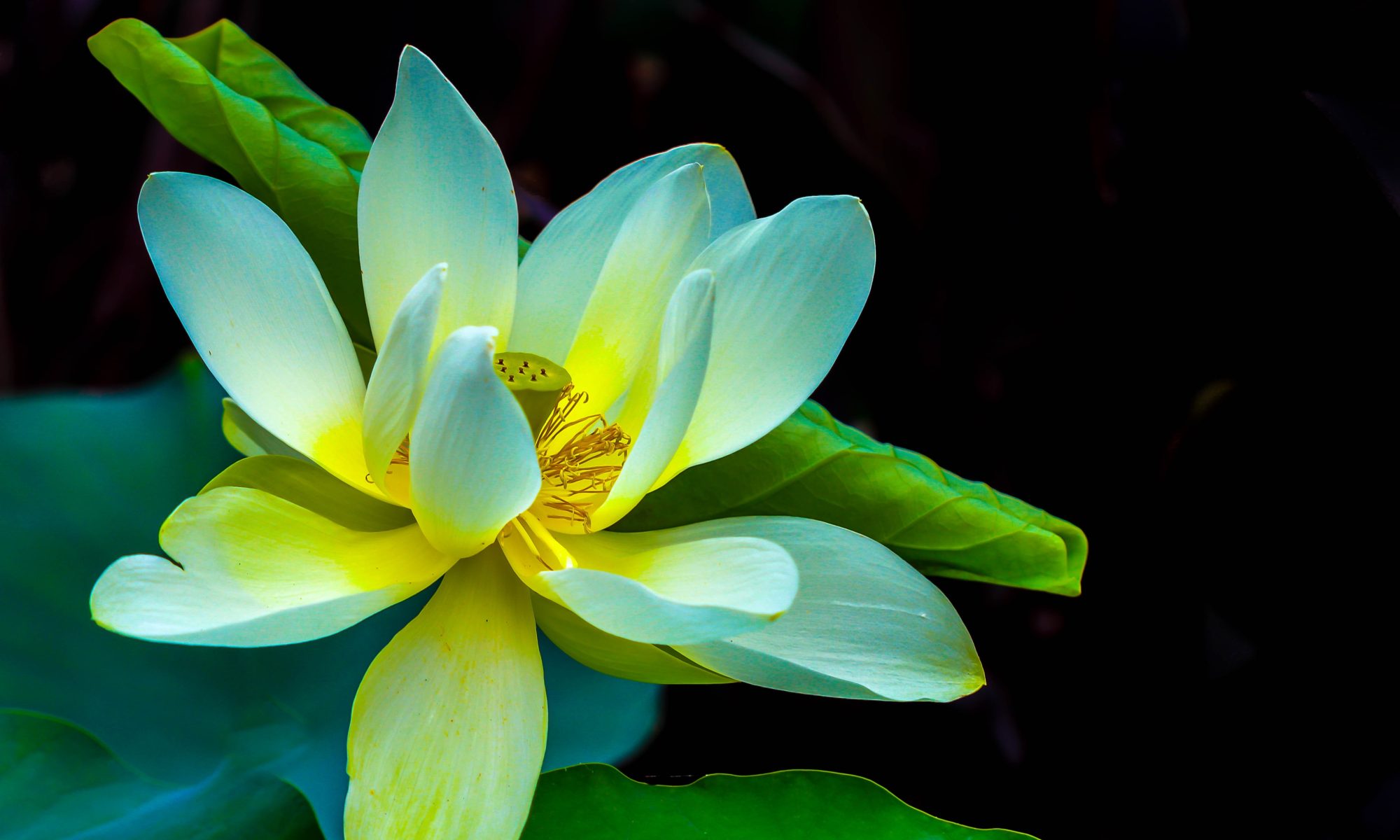Brother Teoh’s Tuesday class dated 11th December 2018 Outline Short Notes
Reference Book: The Buddha and His Teachings – REASONS TO BELIEVE IN REBIRTH (Chapter 24, Page 412)
1. The text highlighted cases that indicated the existence of past lives through:
- special children with some memory of their previous births;
- people with multiple personalities, spirit communication & possession
- past life regression via hypnosis;
- Special people & prodigies like the Buddha, Confucius, Mozart, etc.
2. To contemplate. Who is reborn? To find out for ourselves whether there is really rebirth base on what we can see and observe in life and not depend on the Buddha’s teaching.
3. Sis Han asked how Anita Moorjani’s consciousness left her body. Was it with mindfulness? Bro Teoh replied that it was through her past cultivation and affinity with her dead father’s nature that enable her to have that type of experience of her true nature manifesting. She actually died but because of her special condition she was able to develop the understanding before returning to her body to become alive again.
4. Sis PG mentioned about the dark side of certain illusionists.
5. Bro Vincent asked about good and bad luck (‘Yi wan tai’ in Cantonese) that we face. According to Bro Teoh, it is all our good and bad karma ripening, nothing to do with “Feng Shui” and our luck or predestined horoscope or fate. It is only our virtues that will protect us.
(Above draft outline short notes are by Sister Yoon Chun)
